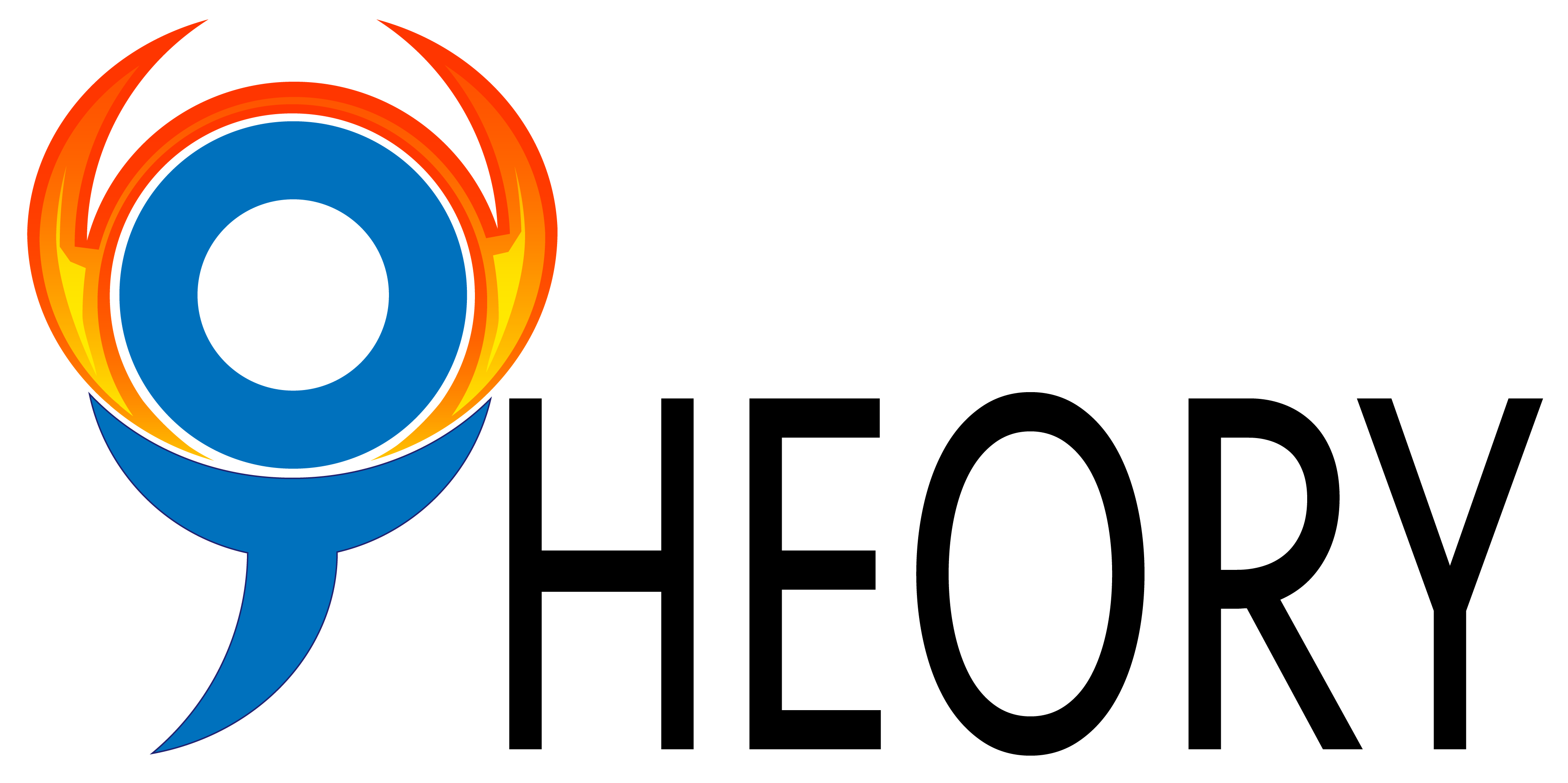The Model of Occupational Self Efficacy describes a process in accepting the consequences and occupational limitations for the individuals that suffer from traumatic brain injury. It consists of four stages. At stage 1 (a strong personal belief in functional abilities), clients usually develop feelings of frustration, demotivation, and anger due to the loss of daily life function after brain injury. Therapists will provide encouragement for the clients by creating a specific environment that can improve and develop the feeling of acceptance. Then therapists will analyze and examine the availability of rehabilitation and resources for the clients. At stage 2 (use of self), the clients can select the options provided by the therapists, and improve and increase their occupational participation through the intervention process. At stage 3 (creation of competency through occupational engagement), the clients can improve their knowledge with or without the assistance of the therapists. The knowledge includes medical precautions, use of assistive devices, workplace adaptation. Meanwhile clients can enlarge their social network. Finally, at stage 4 (capable individual), it is aimed that the clients can accept their conditions and that they are able to motivate themselves to participate in various kinds of roles such as returning to work. This process helps to alleviate the frustration, anger, and disappointment of the clients in order to develop their self-efficacy beliefs.
Summarized by
- Davie Tsang
Type
- Model (practice)
Population
- Adolescent
- Adult
- Elderly
Disability
- Neurological disorder
Domain of occupation
- Unspecified
Application Note
The model can be applied clinically at hospital, individual’s home and even workplace.
Key Reference
Soeker, M. S. (2012). The development of the Model of Occupational Self Efficacy: An occupational therapy practice model to facilitate returning to work after a brain injury. Work, 43, 313-322.
Year Published
- 2012
Primary Developer
- Mogammad Soeker
Primary Developer Email
- msoeker@uwc.ac.za
